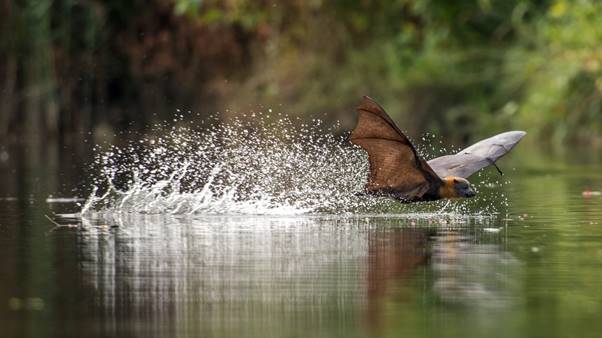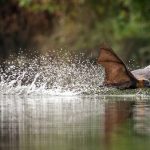
27 Oct Environmental Humanities Public Lecture & Book Launch at Curtin – Stephen Muecke, “Multiple Earths: Redescribing the Biosphere”
Public Lecture: Multiple Earths: Redescribing the Biosphere
Professor Stephen Muecke, UNSW
The Earth to which we all belong, inalienably, is undergoing a major metamorphosis. Our ways of knowing what is going on are struggling to keep up with the changes. Every discipline, including the arts, is rethinking its foundations and methods. People, young people especially, are faced with challenges: ‘I love History, but what will History be like in a few decades, after all these metamorphoses?’ Or Biology? Or Musical Composition? Increasingly our powers of imagination are being put to the test. We shall have to get busy rethinking our ways of knowing, and even our practices, our know-how.
When it comes to real problems, no discipline has solved them on its own. The approach, therefore, has to be pluralist, creative and descriptive. Bruno Latour advises us to describe first and theorise later, because a cursory description will invite a solution compatible only with the status quo. A very good one, however, will call for the kinds of expertise necessary to deal with the trouble.
The biosphere, where we live, is composed of a multitude of life forms. In order for ‘us’ to describe ‘them’ in their diverse territories, we might have to attend to their ways of knowing by asking them the ‘right questions’, as Vinciane Despret says. In negotiating common stories in our more-than-human worlds, this talk offers some examples of how researchers in the Environmental Humanities are writing illuminating descriptions.
Stephen Muecke is Emeritus Professor of Ethnography at the University of New South Wales, Adjunct Professor at the Nulungu Research Institute Notre Dame University, Broome, and a Fellow of the Australian Academy of the Humanities. Recent books are Latour and the Humanities, edited with Rita Felski (Johns Hopkins University Press, 2020) and The Children’s Country: Creation of a Goolarabooloo Future in North-West Australia, co-authored with Paddy Roe (Rowman and Littlefield International, 2020). His most recent book is a translation of Olivier Remaud, Thinking like an Iceberg (London: Polity 2022).
Book Launch: Shimmer: Flying Fox Exuberance in Worlds of Peril
‘Living with flying-foxes, I came to understand, takes us straight to the heart of every big question facing Earth life in the twenty first century.’ (Deborah Bird Rose)
Prof. Muecke’s lecture will be followed by a reception to launch the final monograph by renowned anthropologist and environmental humanist Deborah Bird Rose, Shimmer: Flying Fox Exuberance in Worlds of Peril, published by Edinburgh University Press in 2022 in the new book series Animalities (edited by Matthew Chrulew). Drinks and canapes will be served.
Deborah Bird Rose (1946–2018) was a world-renowned anthropologist and leading figure in the emergence and shaping of the interdisciplinary environmental humanities. Her books included Dingo Makes Us Human (1992), Nourishing Terrains (1996), Country of the Heart (2002), Reports from a Wild Country (2004) and Wild Dog Dreaming (2011). She edited volumes including Manifesto for Living in the Anthropocene (2015) and Extinction Studies (2017), and co-founded the journal Environmental Humanities. Rose was a Fellow of the Australian Social Sciences Academy and was for most of her career based at the Australian National University (1995–2008) and Macquarie University (2008–2013).
Event: Pluriversal: Environmental Humanities Public Lecture and Book Launch
Date: Tuesday, 22 November 2022
Time: 5 pm – 7:30 pm
Location: Tim Winton Lecture Theatre
Building 213, Room 104
Curtin University
Kent Street, Bentley
RSVP: Please RSVP your attendance by Thursday, 10 November 2022. Due to limited capacity, early responses are appreciated.




Sorry, the comment form is closed at this time.